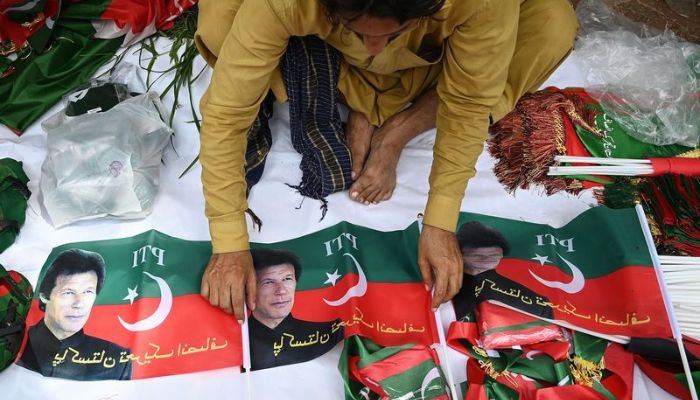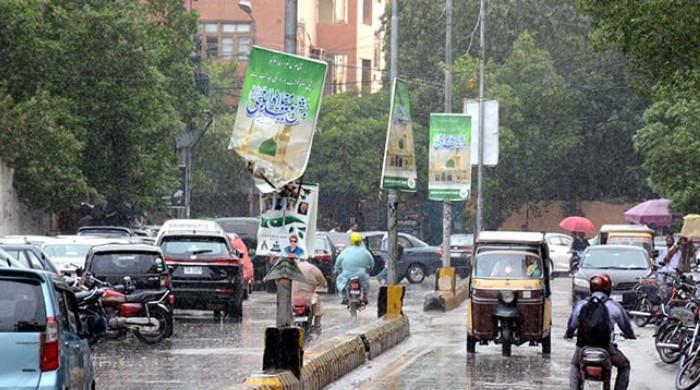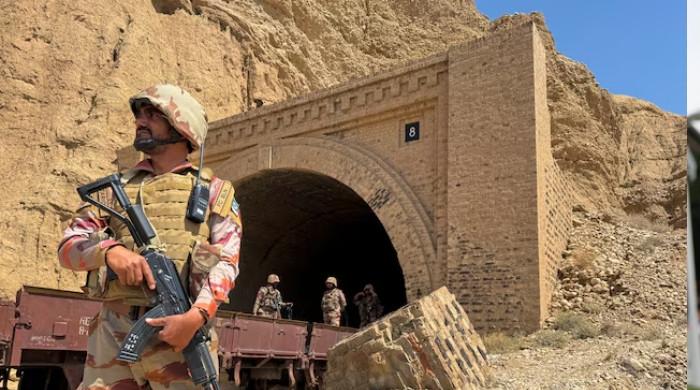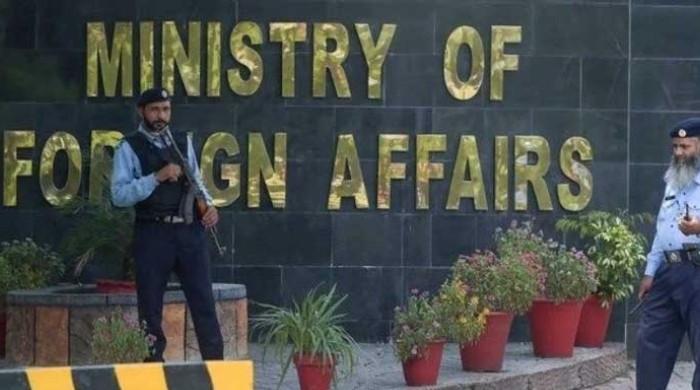Can Pakistan afford another political upheaval?
Khan's conspiracy-minded supporters are convinced that their leader's dismissal as prime minister was orchestrated by US diplomat, reports Bloomberg
August 25, 2022

Nothing is done half-heartedly in Pakistani politics.
Shahbaz Gill, one of ex-prime minister Imran Khan's former cabinet ministers, was arrested for inciting mutiny within the military. Gill's remarks were interpreted as an attempt to divide the country's army.
This, along with Gill's consequent claims about his treatment in prison, enraged Khan, who warned several police officers and judges last week that they would face consequences for their involvement in the case. An Islamabad magistrate complained that Khan's statements constituted threats, and the police charged him under anti-terror laws.
According to Bloomberg, Khan's conspiracy-minded supporters are convinced that their leader's dismissal as prime minister was orchestrated by a “junior US diplomat,” however, the reason you hear the phrase "political crisis in Pakistan" so frequently — is probably more mundane.
It further states that, in general, Pakistan's frequent cycles of hostility and overreaction benefit only populists like Khan, whose politics thrive on grievance and street protest theatre. His supporters also believe that whatever Khan does, brings glory to Pakistan. This seldom devolves into farce: social media is flooded with Khan's supporters reposting headlines from around the world about his possible arrest, claiming that this demonstrates that he is a truly global leader.
Pakistan is still on the verge of economic collapse, elections are not far away, and recent bye-election victories in the country's largest province indicate that Khan's party has regained a significant portion of its electoral appeal. “Arresting Khan on such flimsy grounds will turn him into a martyr, incite even more disruptive protests, and boost his popularity to stratospheric proportions. It may also further depress the economy,” says the author.
Top leaders in Pakistan, like in other countries ruled by a shadowy "establishment" of political and military elites, do not always drive such events. Following a change in power, middle-level functionaries rush to demonstrate their unwavering loyalty to the permanent establishment by pursuing whichever political faction has recently been ousted.
When these state actors try to outdo one another in displays of loyalty, they end up pulling counterproductive stunts like threatening to arrest a popular ex-premier on flimsy charges, writes the Bloomberg author.









